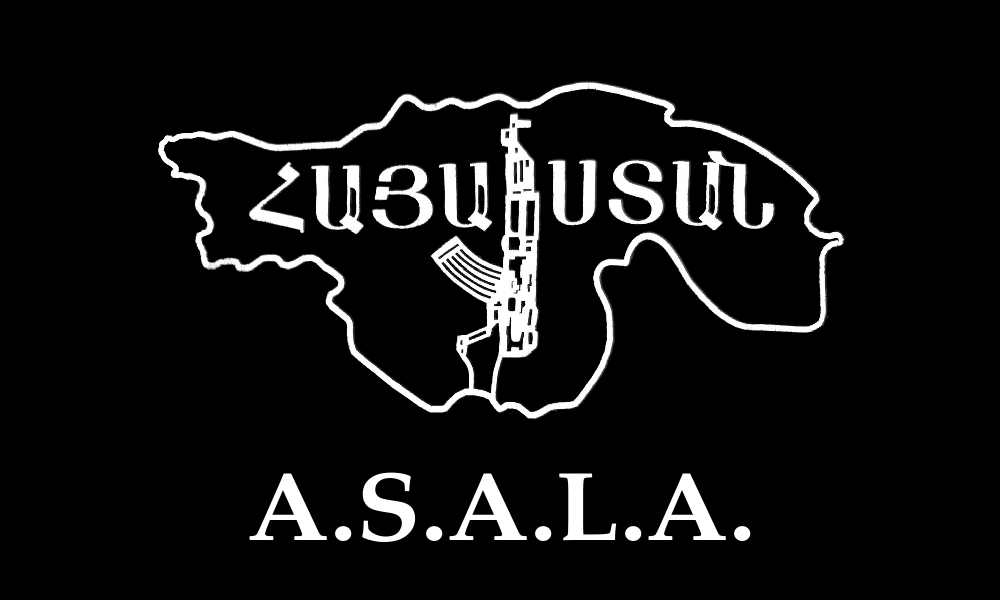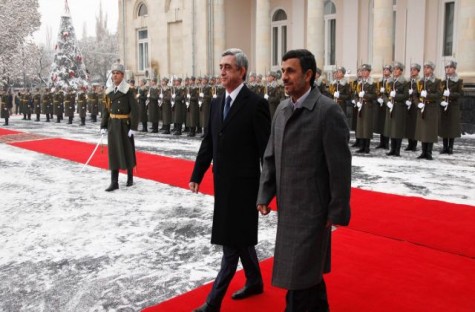Tens year ago today on 18 January 2001, the French National Assembly adopted the following law comprised of a very short sentence: “France publicly recognizes the Armenian genocide of 1915”. Upon the French President of that time Chirac ratifying it on January 30th, the law came into effect. After Robert Kocharian being elected as President for Armenia in April 1998, the international recognition of the Armenian genocide allegations has been included among the priorities of the Armenian Government in its foreign affairs and initiatives have been taken in numerous countries in order to achieve this. These initiatives have also taken place in France where a quite active Armenian minority exists and in which actions towards the adoption of a law which recognizes the Armenian genocide allegations were started. Turkey has opposed these and has been successful for approximately three and a half years in preventing the adoption of a draft law concerning this issue. However, with the elections of 2001 drawing near, the French National Assembly has adopted the law. During its adoption, only 52 deputies being present in the French Assembly, which holds 577 seats, constitutes evidence that there has not been much concern with this matter. Many reactions have taken place in Turkey towards this law. About ten days before its adoption, the Turkish Grand National Assembly had issued a declaration, stating that the draft was based on distorting history and on prejudices and that the freedom of thought and expression, along with the freedom to make public scientific research and findings in France, will be eradicated if the law is adopted. Moreover, it has stated that since its adoption will mean that France has not complied with the principle of neutrality, its initiatives in the Caucasus and other regions will be regarded with suspicion; national parliaments should not take part in historical research and should not incite hatred and racism; and eventually, the French Parliament has not accepted to evaluate the Algerian events. Following the adoption of the law, the Turkish Government has declared that the law is “a tragic mistake in the face of history and humanity” and rejected the law with all its consequences by condemning it. Moreover, it has stated that this law will cause serious and lasting harm on Turkey-France relations, would create serious crises, and would bring negative consequences for peace and stability in the region. Prime Minister Ecevit has said that this event could harm Turkey-France relations. On the other hand, it has also been declared that they have started working towards identifying what kinds of sanctions could be imposed on France. Many non-governmental institutions have also made condemning statements and have called for measures to be taken against this country. Among these measures are the boycotting of French goods, closing down of all facilities of France in Turkey, including its Embassy, cutting down all cultural and scientific relations with this country, and abolishing French language classes. Despite these harsh reactions, no explanation was provided on what kinds of measures were actually taken against France. However, several press news have been come across from time to time related to the suspension or cutting down of buying of arms and military equipment from France. The French law has triggered some EU countries to adopt similar resolutions. It has been put forth that the resolutions of the parliaments of Slovakia and the Netherlands in 2004 and Poland, Germany and Lithuania in 2005 have been inspired by France and the resolution of 2003 of the Swiss Parliament has been adopted by taking France as a precedent. As no action has been taken against France despite Turkey’s harsh criticisms and its declaration that measures will be implemented, Armenians have used this to prove that one should not have to be concerned with Turkey’s reactions during the adoption of parliament resolutions mentioned above and also for similar draft resolutions being submitted to the US House of Representatives once every two years. We will continue tomorrow.
© 2009-2025 Center for Eurasian Studies (AVİM) All Rights Reserved
REACTIONS TOWARD ERDOĞAN’S MESSAGE
CHURCH PROPERTIES AND THE AMERICAN CONGRESS
AUSTRIA AND LUXEMBURG: EFFORTS TO REPAIR RELATIONS
 ASALA BUZZING ON THE ROAD TO NORMALIZATION BETWEEN TÜRKİYE AND ARMENIA
ASALA BUZZING ON THE ROAD TO NORMALIZATION BETWEEN TÜRKİYE AND ARMENIA
 ON THE POPULATION EXCHANGE BETWEEN GREECE AND TURKEY
ON THE POPULATION EXCHANGE BETWEEN GREECE AND TURKEY
 BAKU TO THE FUTURE: AZERBAIJAN, NOT ARMENIA, IS ISRAEL'S TRUE ALLY
BAKU TO THE FUTURE: AZERBAIJAN, NOT ARMENIA, IS ISRAEL'S TRUE ALLY




























